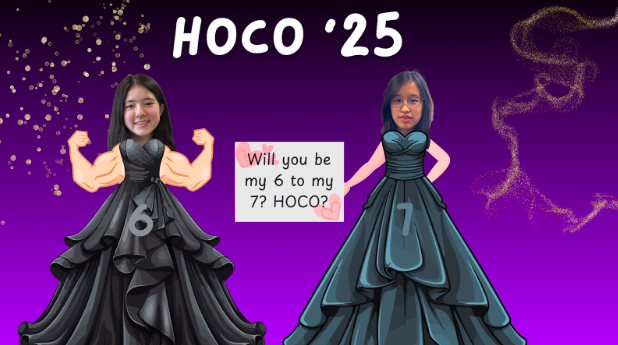Vaccines: the shot felt around the world
October 9, 2019
Vaccines have existed for centuries, first invented in the 1700s. As time went on, these vaccines continued to advance to prevent new diseases from viruses or bacteria. Most doctors agree: vaccines do work and can be essential in keeping people healthy and alive. Recently, people have chosen to opt-out, which is an unacceptable choice based on the rapid spread of false information.
Vaccines are effective, and it’s relatively easy to understand how they get the job done. Vaccines work by injecting weakened pieces of viruses or bacteria into the human body. These allow our body’s white blood cells to learn how to combat the virus or bacteria before dealing with the real one. Vaccines dramatically reduce one’s risk of catching said illness and, thus, eliminates infections that once wiped out populations, such as the Black Plague. With the help of vaccines, we can put specific diseases under control. People who choose to refuse these vaccines are at risk of bringing back these illnesses that were once eradicated and caused outbreaks.
Take measles, for example. Measles has been and is now is the most contagious virus to humans and can lead to blindness and death. In the year 2000, the number of measles cases was so low that the World Health Organization said it had been eliminated in the United States. In September of this year, outbreaks started to occur in New York and eventually spread to the rest of the country. The current numbers threaten the elimination status. The Centers for Disease Control and Prevention (CDC) stated that the majority of these cases are spreading in unvaccinated communities and threatening others’ lives. Much of the information for these communities is coming from Facebook groups, and word of mouth. News spreads through Facebook channels. This growing development cannot be tolerated, and these communities need to be educated, so they don’t continue to endanger the lives of others.
Some people choose to opt-out of vaccines due to misinformation. Many individuals have valid reasons to avoid vaccines. Until children reach around the age of two, they aren’t able to get a few immunizations. Additionally, those with weakened immune systems due to uncontrollable health conditions such as cancer, HIV/AIDs, Type 1 diabetes (or others) can’t take vaccines. It’s not even a choice. Germs travel extremely quickly between people, almost as fast as misinformation. This makes it so much more important that individuals who can be vaccinated do so. When enough people are vaccinated, the germs aren’t able to spread as quickly, which protects those who were unable to receive the vaccine.
So, when people decide to avoid vaccines due to their personal beliefs, it isn’t justified. People should not be given the right to endanger lives while those in other countries go to great lengths to obtain the very same. We have an obligation to protect everyone, especially those who can’t protect themselves whenever we have the means to do so.



